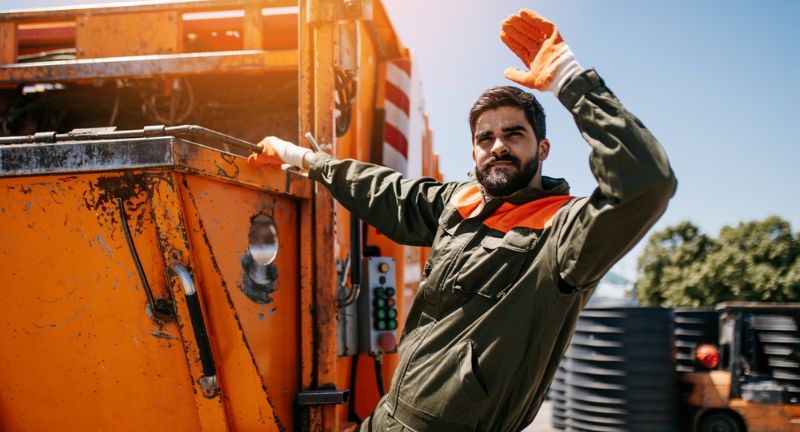
Shutterstock
Some jobs require a strong stomach, a resilient spirit, and a willingness to get dirty in ways that most of us couldn’t imagine. From cleaning crime scenes to diving into contaminated waters, these dirty jobs are essential for maintaining health, safety, and sanitation across the world. Each of these professions comes with unique challenges, often placing workers in uncomfortable or even hazardous environments. Yet, the individuals who take on these roles are vital to society, doing the work that others can’t or won’t. Here’s a look at 26 of the world’s dirtiest jobs and the dedicated people who take them on every day.
Sewer Inspector
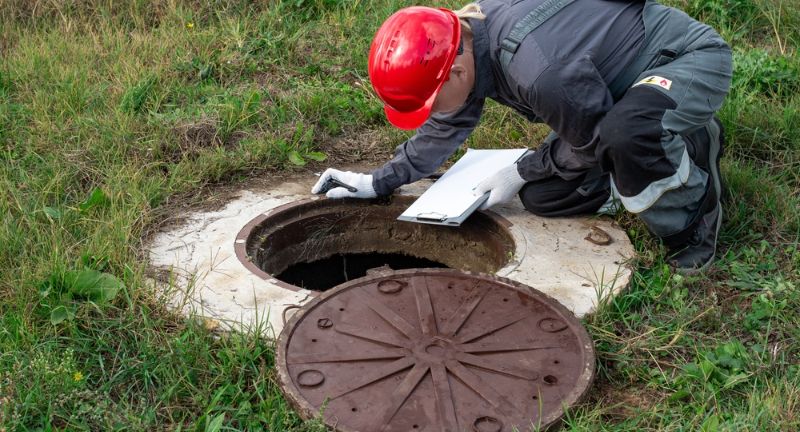
Shutterstock
Sewer inspectors venture deep underground, navigating through cramped, dark tunnels filled with wastewater and sludge. They are exposed to hazardous gases and potential health risks while ensuring the city’s sewage systems are functioning properly. Sewer inspections are crucial for detecting leaks, preventing contamination, and maintaining public health. Despite the difficult conditions, these workers play an essential role in urban sanitation and infrastructure.
Crime Scene Cleaner
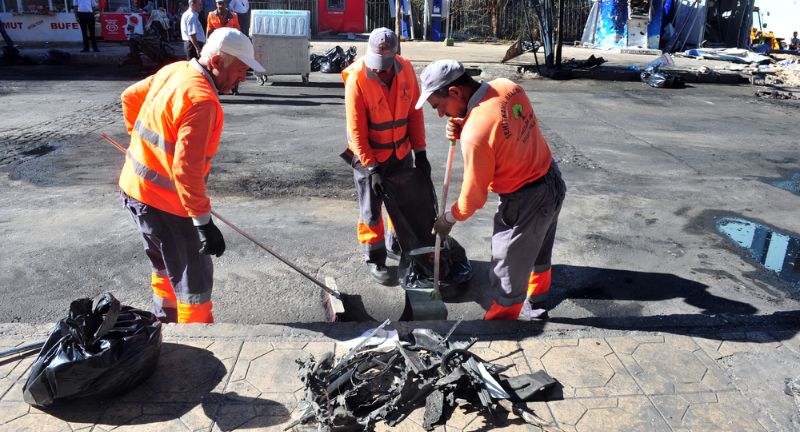
Shutterstock
Crime scene cleaners face emotionally and physically challenging conditions, as they clean up after traumatic events like homicides and accidents. They sanitize affected areas, dispose of biohazardous materials, and restore scenes to a safe state. These workers need resilience to handle the psychological and visual toll of their job. Their work helps families and communities recover, offering a fresh start after tragedy.
Hazmat Diver
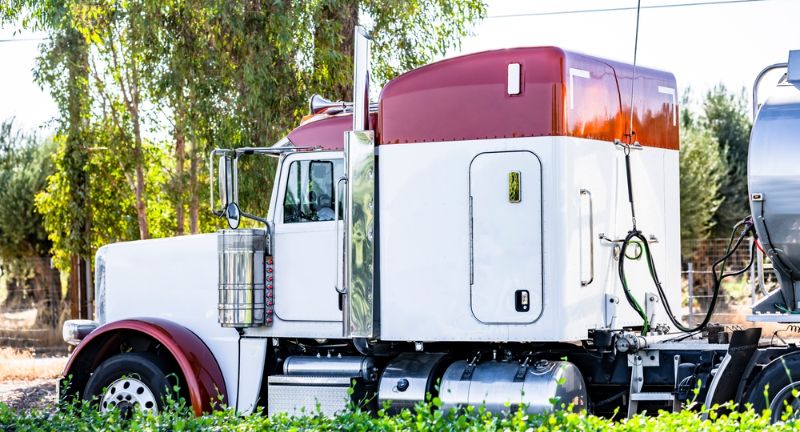
Shutterstock
Hazmat divers work underwater in contaminated environments, often in waters filled with chemicals, oil, or sewage. They perform essential tasks like repairs, inspections, and retrievals, facing high health risks from toxic substances. Specialized equipment and rigorous training are required to avoid contamination. Hazmat divers are crucial for maintaining industrial safety in extreme underwater conditions.
Forensic Entomologist

Shutterstock
Forensic entomologists study insects on decomposing bodies to help determine the time and cause of death in criminal investigations. Working in labs or at crime scenes, they examine maggots and other insects that inhabit decomposing remains. The job requires a strong stomach and a high tolerance for unsettling sights. Despite the difficult conditions, their findings can be pivotal in solving cases and providing closure for victims’ families.
Portable Toilet Cleaner
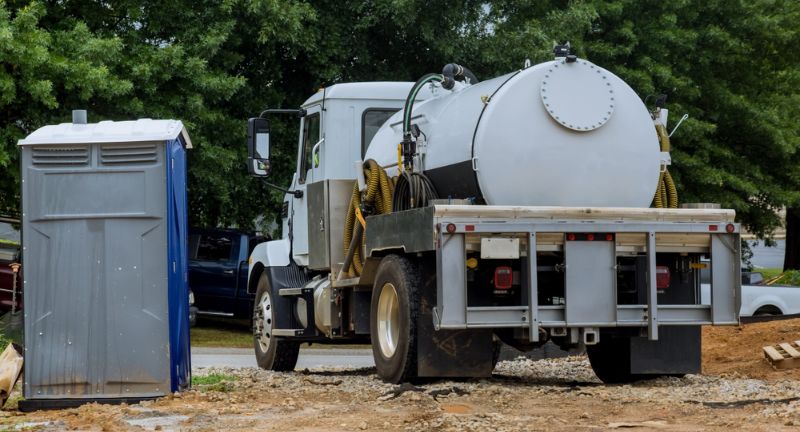
Shutterstock
Portable toilet cleaners tackle one of the least glamorous jobs, sanitizing portable restrooms at outdoor events, construction sites, and festivals. Their job involves removing waste, cleaning tanks, and replenishing supplies. They often deal with unpleasant odors and messy conditions, especially during large gatherings. This challenging work helps ensure that public facilities remain clean and hygienic for users.
Pest Exterminator

Shutterstock
Pest exterminators rid homes and businesses of unwanted pests like rats, cockroaches, and termites. Often working in dark, cramped, and infested areas, they face both physical discomfort and the risk of bites or exposure to chemicals. The job demands skill in handling dangerous pesticides and the ability to confront large pest populations. Exterminators provide a valuable service, protecting properties from infestation and disease.
Slaughterhouse Worker
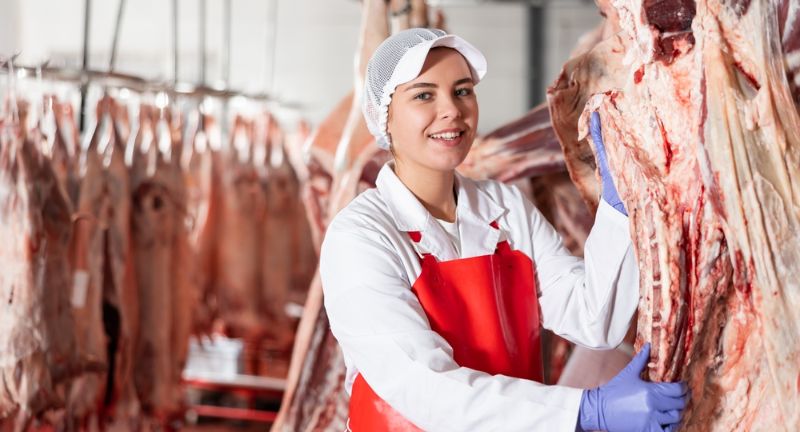
Shutterstock
Slaughterhouse workers prepare animals for meat production, a job that involves handling blood, guts, and intense odors. They work in cold, noisy environments, processing large volumes of meat while adhering to strict safety standards. The work is physically demanding and emotionally challenging, requiring workers to be resilient and precise. Their role is essential to the food industry, but it comes with significant mental and physical demands.
Oil Rig Worker
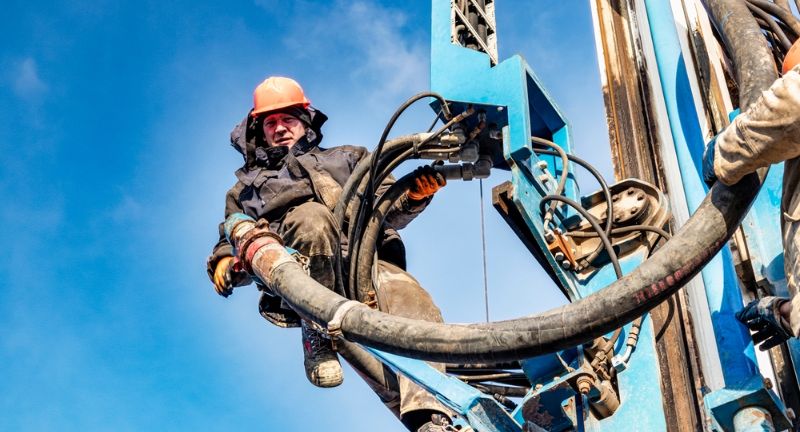
Shutterstock
Oil rig workers operate heavy machinery on offshore rigs, extracting oil under extreme weather and dangerous conditions. They work long hours handling grease, chemicals, and powerful equipment, often far from land. Physical fitness and stamina are essential to endure the labor-intensive, isolated work environment. Despite the harsh conditions, oil rig workers are crucial to energy production and supply.
Waste Collector

Shutterstock
Waste collectors are responsible for gathering residential and commercial trash, working in all types of weather and lifting heavy bags throughout their routes. Their job involves exposure to sharp objects, strong odors, and potential biohazards. Waste collectors play a vital role in maintaining clean and sanitary communities, despite the physical demands of their work. Their efforts are essential for reducing waste buildup and promoting public health.
Manure Collector
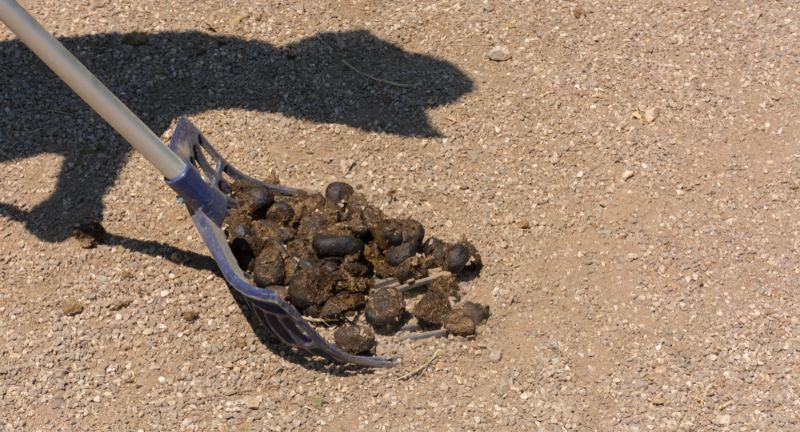
Shutterstock
Manure collectors work on farms, cleaning animal enclosures and gathering waste to use as fertilizer. The job exposes them to strong odors, large volumes of manure, and swarms of flies. This labor-intensive work is vital for maintaining animal hygiene and producing organic fertilizers. Despite the unpleasant conditions, manure collection is crucial for sustainable farming and agriculture.
Zoo Cleaner
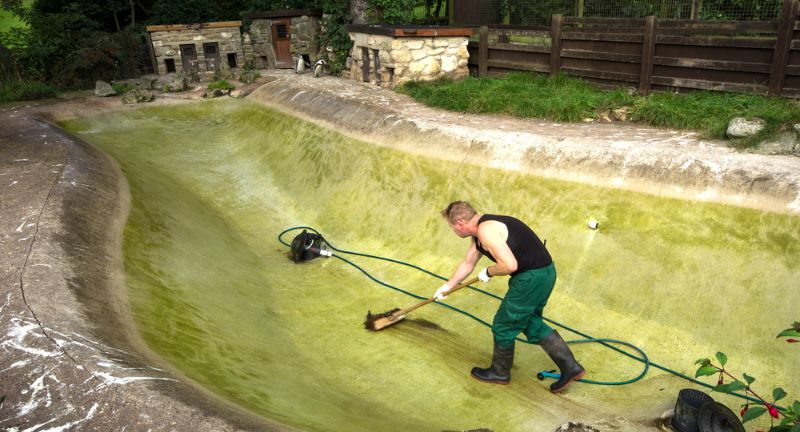
Shutterstock
Zoo cleaners manage the daily upkeep of animal enclosures, handling waste, leftover food, and debris. Their work includes scrubbing cages, removing waste, and ensuring animals live in clean, sanitary conditions. Each day brings unique cleaning challenges based on the species they work with. Zoo cleaners help maintain a healthy environment for animals and ensure a pleasant experience for visitors.
Roadkill Removal Specialist
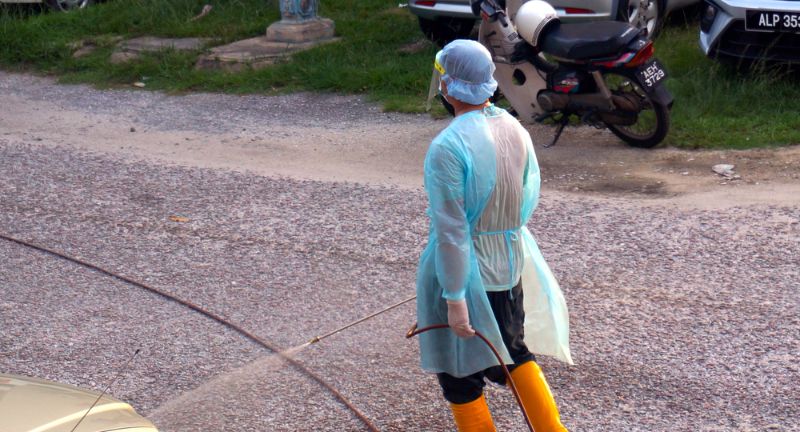
Shutterstock
Roadkill removal specialists clear dead animals from highways and roads, preventing hazards and maintaining cleanliness. Their work involves lifting and disposing of animal carcasses, often in challenging weather conditions. This job requires working near traffic, posing potential risks to the specialists. By removing roadkill, they help keep roads safe and prevent the spread of disease from decomposing animals.
Coal Miner
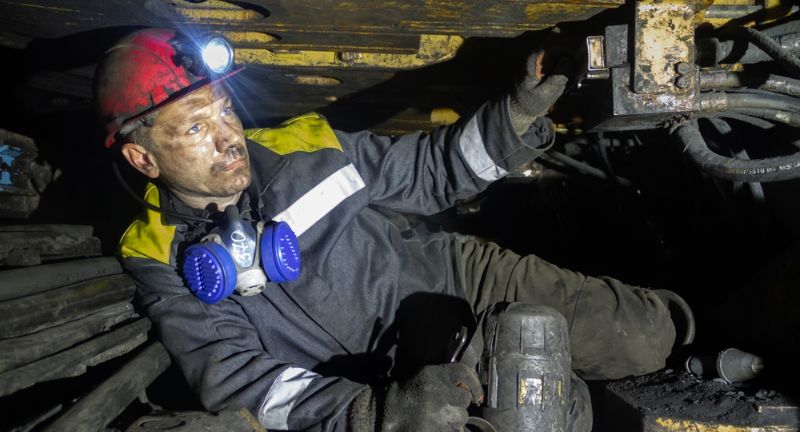
Shutterstock
Coal miners work underground, extracting coal while dealing with dust, cramped spaces, and the risk of cave-ins. The air in mines is thick with coal dust, which can lead to serious respiratory issues over time. Miners endure physically demanding work, often with limited ventilation and lighting. Despite the challenges, coal miners are essential to the energy sector, providing a critical resource.
Asbestos Remover

Shutterstock
Asbestos removers handle the dangerous task of safely eliminating asbestos from buildings, a material linked to severe respiratory diseases. Wearing full protective gear, they carefully remove asbestos to avoid inhaling its harmful fibers. This job requires precision, extensive training, and strict adherence to safety protocols to prevent contamination. Their work is essential for creating safe living and working environments free of hazardous materials.
Odor Tester
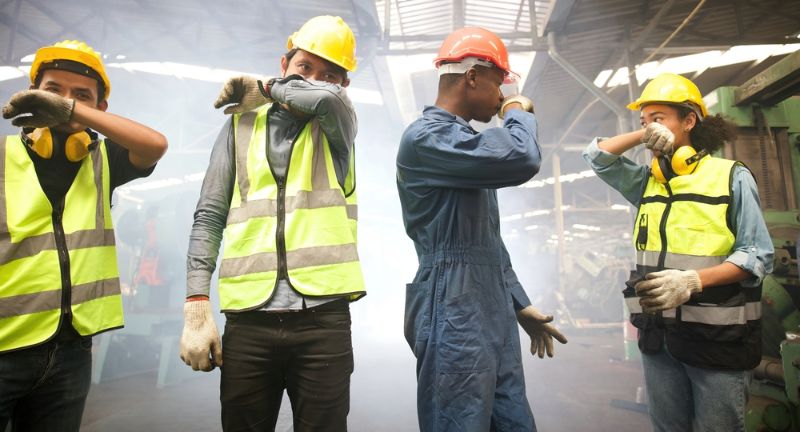
Shutterstock
Odor testers use their sense of smell to evaluate and analyze the scents of various products, from deodorants to pet foods. Working in labs, they often endure unpleasant odors while testing product effectiveness and quality. A keen sense of smell and tolerance for strong scents are essential for this role. Odor testers help ensure that consumer products meet scent standards and appeal to customers.
Medical Waste Disposal Worker
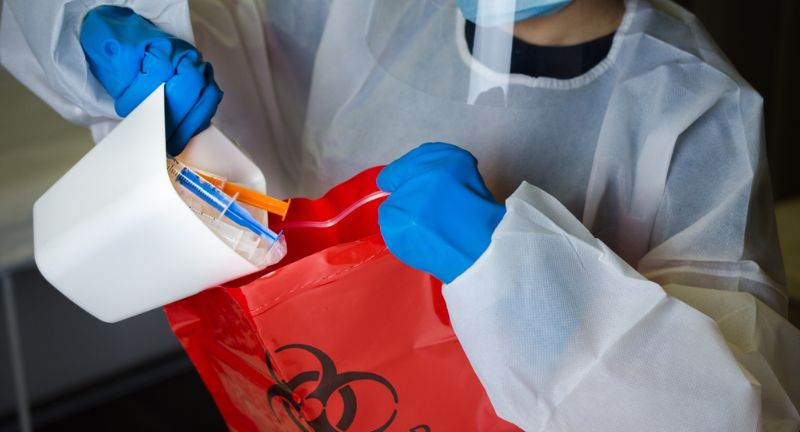
Shutterstock
Medical waste disposal workers handle and transport biohazardous waste, such as used needles, bodily fluids, and contaminated materials. They must follow strict safety procedures to avoid exposure to infectious diseases and chemicals. This job demands careful handling, attention to detail, and protective gear to minimize health risks. Medical waste disposal is vital for maintaining safe, sanitary conditions in healthcare settings.
Fumigator
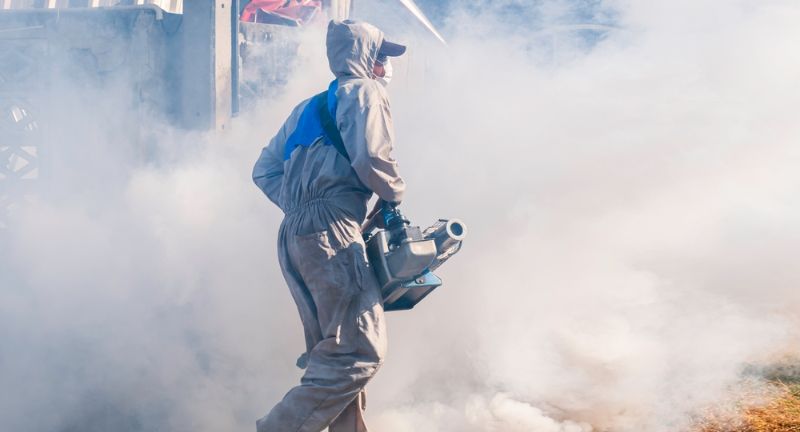
Shutterstock
Fumigators use toxic chemicals and gases to exterminate pests in homes, businesses, and infested areas. The job requires sealing buildings and handling dangerous substances while ensuring thorough pest eradication. Protective gear is essential to avoid inhaling harmful chemicals during the process. Fumigators play a critical role in controlling pest populations and preventing property damage.
Guano Collector
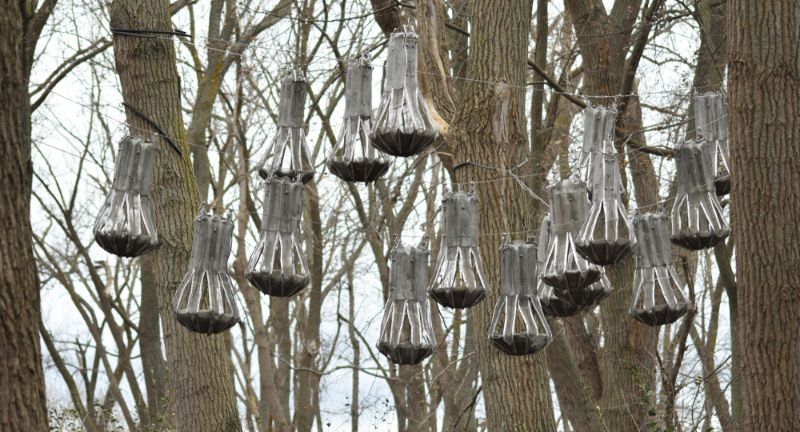
Shutterstock
Guano collectors gather bird or bat droppings, which are highly valued as natural fertilizers due to their nutrient content. The job exposes them to strong odors and bacteria, as they work in areas densely populated by birds or bats. Collectors must take safety precautions to avoid health risks associated with guano. Despite the conditions, guano collection supports organic farming and gardening industries.
Large Animal Groomer
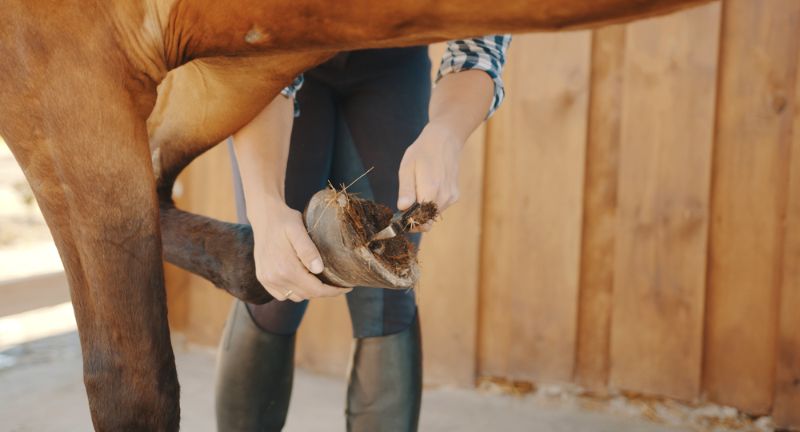
Shutterstock
Large animal groomers work with livestock, trimming, washing, and maintaining the animals’ hygiene. They handle mud, waste, and outdoor elements while ensuring animals stay healthy and clean. Knowledge of animal behavior and patience are essential, as they often work with resistant or anxious animals. Their role is vital for keeping livestock in good health and ensuring proper hygiene on farms.
Disaster Cleanup Worker
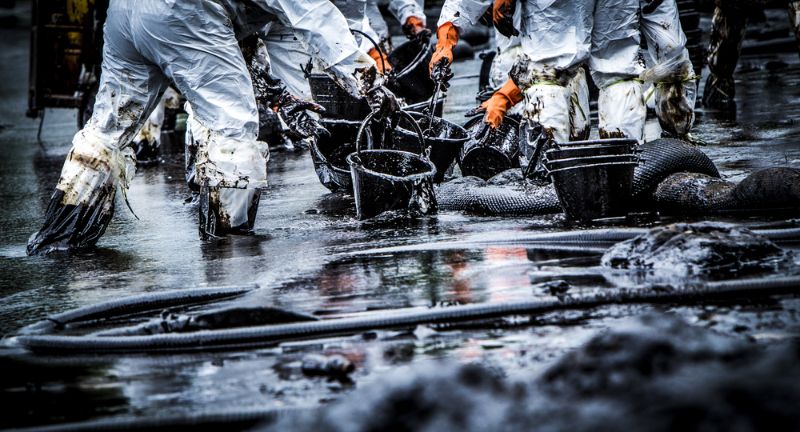
Shutterstock
Disaster cleanup workers restore areas hit by natural disasters like floods, fires, or hurricanes, dealing with debris, mud, and hazardous materials. They wear protective gear to avoid exposure to contaminants and often work long hours in challenging conditions. The job can involve handling sewage, mold, and even toxic waste. These workers are essential for community recovery, helping to clear, rebuild, and make environments safe again.
Archaeologist at Ancient Burial Sites
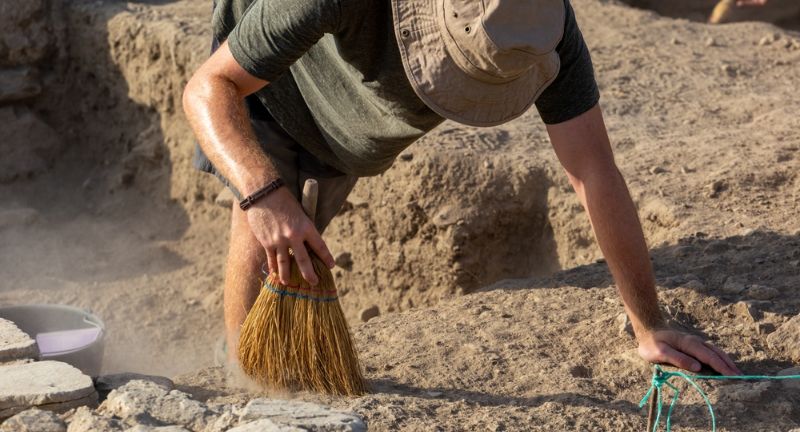
Shutterstock
Archaeologists at ancient burial sites excavate and study human remains and artifacts, often working with decayed material. They carefully unearth bones and historical objects, preserving details while dealing with dust and dirt. Respect for the deceased and adherence to strict protocols are essential in this field. This work provides invaluable insights into human history, despite the physically and mentally challenging conditions.
Petroleum Engineer in Mud Logging
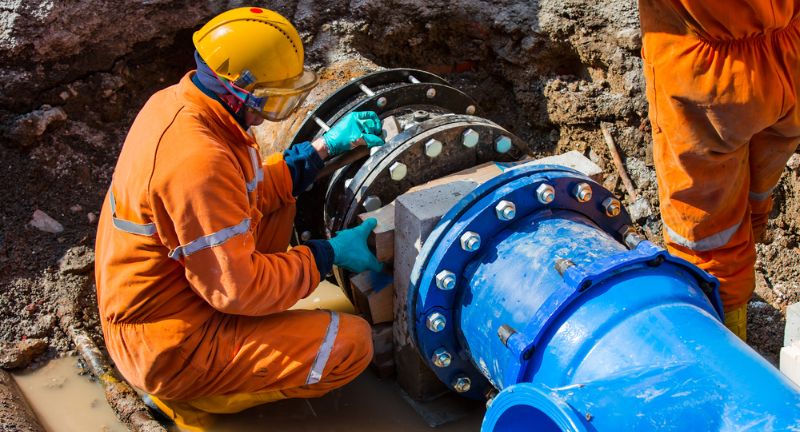
Shutterstock
Mud loggers on oil rigs analyze drilling mud to gain insights into rock formations, often working in wet, greasy, and chemical-filled environments. Their analysis helps guide drilling operations and prevent potential hazards. Mud loggers must work with constant grime and harsh conditions on oil rigs. Their job is essential for safe, efficient drilling in the oil industry.
Crop Duster Pilot
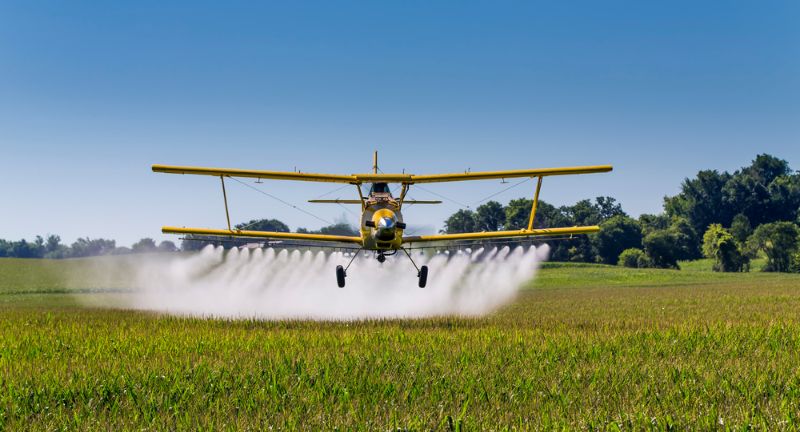
Shutterstock
Crop duster pilots spray crops with pesticides and fertilizers, flying low over farmland while navigating close contact with chemicals. They must fly with precision to avoid chemical exposure and apply treatments accurately. Flying in such conditions is risky, requiring skill and adherence to safety protocols. Crop dusters are essential for agriculture, helping to ensure healthy, productive crops.
Food Waste Recycler
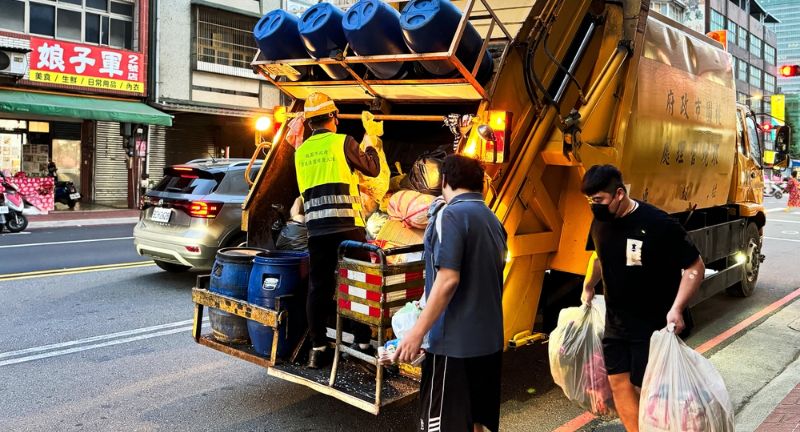
Shutterstock
Food waste recyclers process large volumes of leftover food, often dealing with mold, bacteria, and strong odors. They sort and recycle food waste, turning it into compost or biofuel to support sustainability. The job involves exposure to decaying food in unsanitary conditions. Food waste recycling reduces landfill waste and promotes eco-friendly practices.
Road Painter
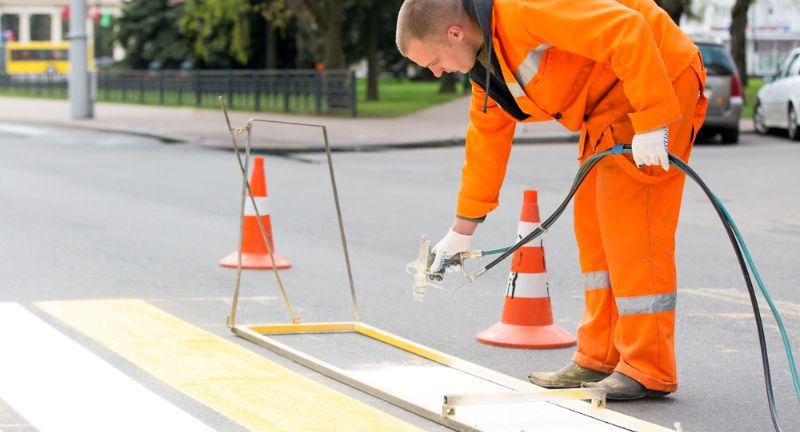
Shutterstock
Road painters apply thermoplastic paint to highways, working in close proximity to traffic and handling high-temperature materials. They face hazards from vehicles, fumes, and hot materials, all while ensuring precise road markings. The job demands resilience and safety awareness in challenging conditions. Road painters play an essential role in road safety, making markings clear and visible.
Sludge Plant Worker
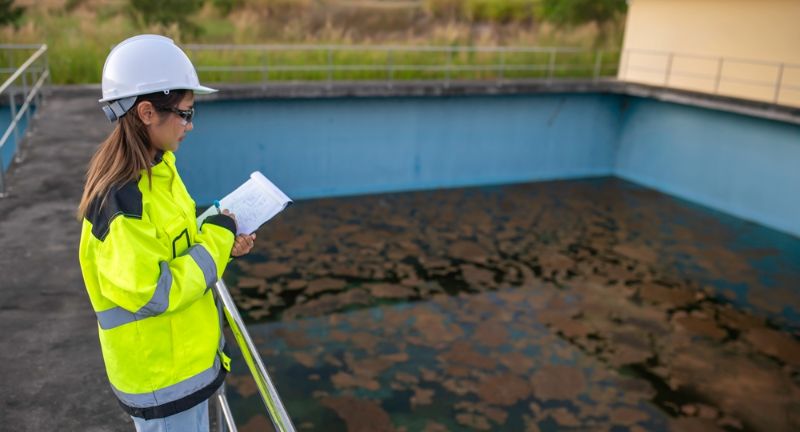
Shutterstock
Sludge plant workers process wastewater sludge, working with thick, sticky sludge and dealing with strong odors and bacteria. They operate specialized equipment to treat waste, transforming it into recyclable material. The environment is unpleasant, filled with foul smells and potential health hazards. Their work is essential to wastewater treatment, supporting public sanitation and environmental standards.
Conclusion
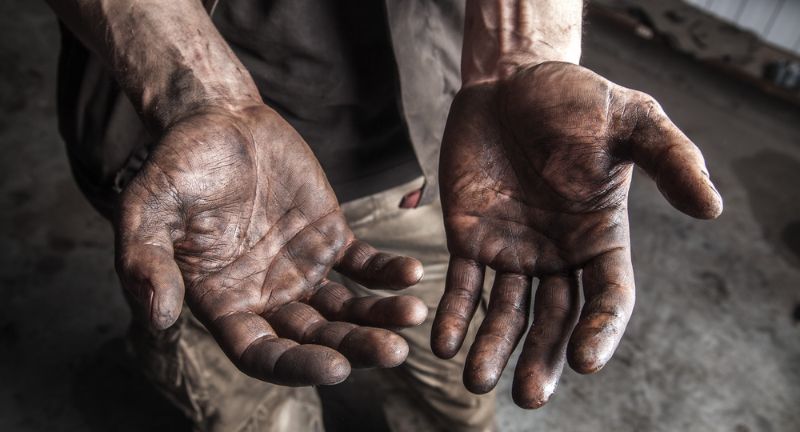
Shutterstock
These dirty jobs may not be glamorous, but they are indispensable for keeping our communities and industries functioning smoothly. The people who take on these challenging roles demonstrate strength, resilience, and dedication, often working behind the scenes to ensure our health, safety, and comfort. Each of these professions plays a crucial part in maintaining the world we live in, even if the work is tough, messy, or dangerous. Their commitment reminds us of the importance of hard work and the value of those who perform it, no matter the conditions. The next time you see a waste collector, a road painter, or a sewer inspector, remember that their work is essential to our daily lives.






















































